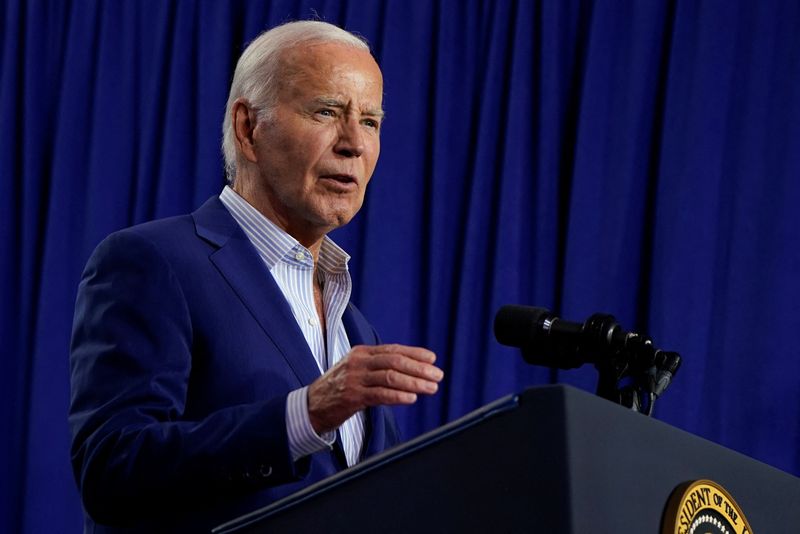Greenhouse gas emissions from energy hit a record high last year as demand for fossil fuels rose despite a big increase in renewable power, according to a report that highlights the need to speed up the green transition.
Energy emissions increased 2 per cent in 2023 to exceed 40 gigatonnes of CO₂ equivalent for the first time, according to the Energy Institute’s Statistical Review of World Energy.
“Clean energy is still not even meeting the entirety of demand growth,” said Nick Wayth, chief executive of the London-based Energy Institute. “Arguably, the [energy] transition has not even started.”
Wayth highlighted the “lopsided” progress in the shift to renewable electricity generation, which rose 13 per cent from 2022 to hit a record 4,748 terawatt hours.
Fossil fuel use accelerated in high-growth countries such as India, but there were signs demand had reached a peak in Europe, the US and other advanced economies.
The report, which was published on Thursday, said global primary energy use climbed 2 per cent to a record 620 exajoules — 1EJ is equivalent to about 170mn barrels of oil. Fossil fuels’ share in the energy mix dipped only slightly by 0.4 percentage points to 81.5 per cent. Its proportion was 86 per cent in 1995.
The data highlight the challenges seven months after countries at the COP28 conference in Dubai set ambitious targets to speed up the transition away from fossil fuels, in a bid to limit global warming to 1.5C above pre-industrial levels.
Simon Virley, head of energy at KPMG, which co-authored the report, said it was “time to redouble our efforts on reducing carbon emissions and providing finance and capacity to build more low-carbon energy sources in the global south”.
This year’s report shows the share of fossil fuels in Europe’s energy mix falling below 70 per cent for first time since the industrial revolution, as the continent continues to cut its reliance on Russian gas following Moscow’s invasion of Ukraine, and steadily weans itself off coal.
“It would take a major unexpected change for Europe to revert from this course,” Wayth said.
In the US, coal consumption fell 17 per cent, helping to push the country’s overall fossil fuel use down 2 percentage points to just over 80 per cent of primary energy consumption.
Both economies were “exhibiting clear signs of peaking or post-peak fossil fuel demand”, Wayth said.
In contrast, India’s use of fossil fuels climbed 8 per cent, with its coal consumption overtaking the combined use in North America and Europe for the first time.
While the country was on track to meet its targets for building new renewable power capacity, this was “far from sufficient to cover the overall increase in power demand”, Wayth said.
In China, which accounts for about 30 per cent of global energy, fossil fuel consumption climbed 6 per cent to a new high of 139 EJ.
However, the country has been rapidly rolling out renewable power, with its new solar and wind capacity accounting for 63 per cent of global installations last year. It is also home to half of the world’s large power storage batteries.
Overall, the proportion of fossil fuels in China’s primary energy mix has been falling over the past decade, reaching 81.6 per cent in 2023.
Wayth said China’s rapid renewables growth pointed to a “potential inflection point”, which could see clean energy sources meeting electricity demand growth in 2027 and exceeding it by 2030.
Oil and gas major BP published the Statistical Review of World Energy for more than 70 years before the Energy Institute, a body that represents professionals in the sector, took over producing the report last year.
Data visualisation by Clara Murray
Climate Capital

Where climate change meets business, markets and politics. Explore the FT’s coverage here.
Are you curious about the FT’s environmental sustainability commitments? Find out more about our science-based targets here














































